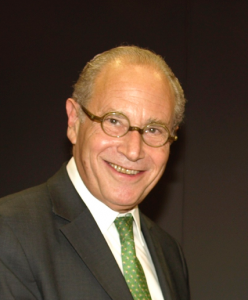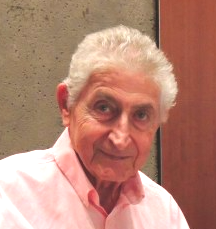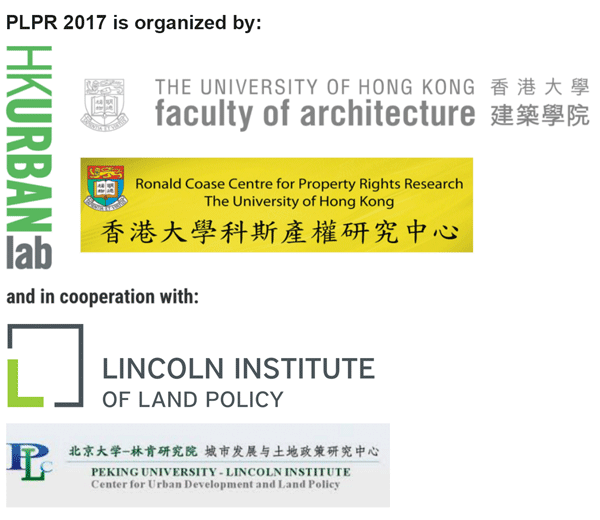Home » keynote
Category Archives: keynote
Keynote Speaker: Rachelle Alterman

The role of law in planning: from devil to angel
Time: February 22, 2017 – morning | at HKU
Planning and law are reluctant bedfellows, trained in very different disciplines. Since the Industrial Revolution, planning and law have evolved together, but not always in tandem. There is an inherent imbalance between the two. The ancient and highly institutionalized discipline of law can survive well without planning, but in order to implement plans and achieve change, planning needs legal instruments. Yet, planning theory has almost ignored the role of law in planning. In order to boost good planning across the globe, planners must become more knowledgeable about the roles played by law. This has been the mission of PLPR, established exactly 10 years ago.
Planning laws and real property rights – unlike some other fields of law – are largely domestic, inwards-looking, and differ significantly from country to country. But regardless of their differences, they harbor a paradox. Laws and regulations can serve as the angels that provide planning with instruments to achieve just and inclusive cities and regions. But they can also be the devils that enable adoption of plans that promote social exclusion, unequal distribution of public services, or exposure of the poor to environmental hazards. On the procedural level, the law can help the disempowered challenge bad plans, but in reality, legal procedures often favor the rich. Of course, in real life, the roles of laws are not black or white. The ways they are perceived vary over time and across countries.
I will argue that planning education and research should seek to empower planners to play a more active role in the legal arena. Due to the relative insularity of planning laws in each country, legal norms with negative effects may be regarded as an unchangeable part of the system. Planners, as well as civil society actors, are often discouraged from challenging the current legal norms under the assumption that the law is a “given”.
Comparative research on planning law can help to break this lock. In this talk, I will draw on examples of my research in several fields of planning law and will demonstrate how widely they vary across countries. Planners’ knowledge about the wide spans of alternative legal instruments and approaches, shared with legislators, can help reassessment of domestic laws and practices. By improving our ability to distinguish better between angels and devils, we can create better synergy between planning and law.
About the speaker
Dr. Rachelle Alterman is a full professor who holds the David Azrieli Chair in Town Planning at the Technion (“Israel’s MIT”). Holding degrees in planning and in law from Canadian and Israeli universities, Alterman specializes in cross-national comparative planning law, land use regulation and property rights. Many of her 170 academic publications are in these areas, as well as in planning theory, implementation, and public participation. (more…)
Keynote Speaker: Richard Sandor

Financial Innovation: The Convergence of Environmental and Financial Markets
Date: Feb 22, 2017 (Wed)
Times: 4:15-5:45pm (Lecture), 5:45-6:30pm (Tea Reception)
Venue: Yuet Ming Auditorium, 5/F Chong Yuet Ming Amenities Centre, HKU
Registration link: https://hkuems1.hku.hk/hkuems/ec_regform.aspx?guest=Y&ueid=48130 (only for people who are not registered for the main conference)
Markets in emissions and “rights-to-use” have been used to address environmental problems and have created enormous investment opportunities. They achieved this by commoditizing and pricing “externalities”. The convergence of the environment and finance is here to stay, and the market-based applications in sulfur dioxide and carbon emissions are only the beginning. This new asset class holds enormous promise in fields such as water quality and quantity and for countries like China and India. Prof. Richard Sandor will share his views from his most recent book (“Sustainable Investing and Environmental Markets: Opportunities in a New Asset Class” published by World Scientific) on what it takes to build markets in these areas; and the opportunities and trends in this new asset class.
About the speaker
Richard L. Sandor (Ph.D., Dr. sc. h. c.) is Chairman and CEO of Chicago-based Environmental Financial Products, which specializes in inventing, designing and developing new financial markets. EFP was established in 1998 and was the predecessor company and incubator to the Chicago Climate Exchange (CCX), the European Climate Exchange (ECX), the Chicago Climate Futures Exchange (CCFE) and the Tianjin Climate Exchange (TCX). He is also the CEO of the American Financial Exchange, an electronic interbank lending marketplace. Prof. Sandor is currently the Aaron Director Lecturer in Law and Economics at the University of Chicago Law School and a Visiting Fellow with the Smith School of Enterprise and the Environment at Oxford University.
He was honored by the City of Chicago for his universal recognition as the “father of financial futures”. In 2002 he was named by TIME Magazine a “Hero of the Planet”; and in 2007 as one of the magazine’s “Heroes of the Environment” for his work as the “Father of Carbon Trading.” In October 2013, Dr. Sandor was awarded the title of Chevalier dans l´ordre de la Légion d´Honneur (Knight in the French National Order of the Legion of Honor), for his accomplishments in the field of environmental finance and carbon trading. He holds an honorary degree of Doctor of Science, honoris causa, from the Swiss Federal Institute of Technology (ETH). Dr. Sandor is a Member of the Advisory Board of the Center for Financial Stability and the Smithsonian Tropical Research Institute; and a Senior Fellow of the Milken Institute. He served on the board of directors of leading commodity and futures exchanges in the United States and Europe. Dr. Sandor is the author of “Good Derivatives: A Story of Financial and Environmental Innovation”; and the lead author of “Sustainable Investing and Environmental Markets: Opportunities in a New Asset Class” (World Scientific). Both were published in Chinese by People’s Oriental Press. His new book “How I Saw It: Analysis and Commentary on Environmental Finance (1999–2005)” was also published by World Scientific in late 2016.
Download the lecture ppt here.





